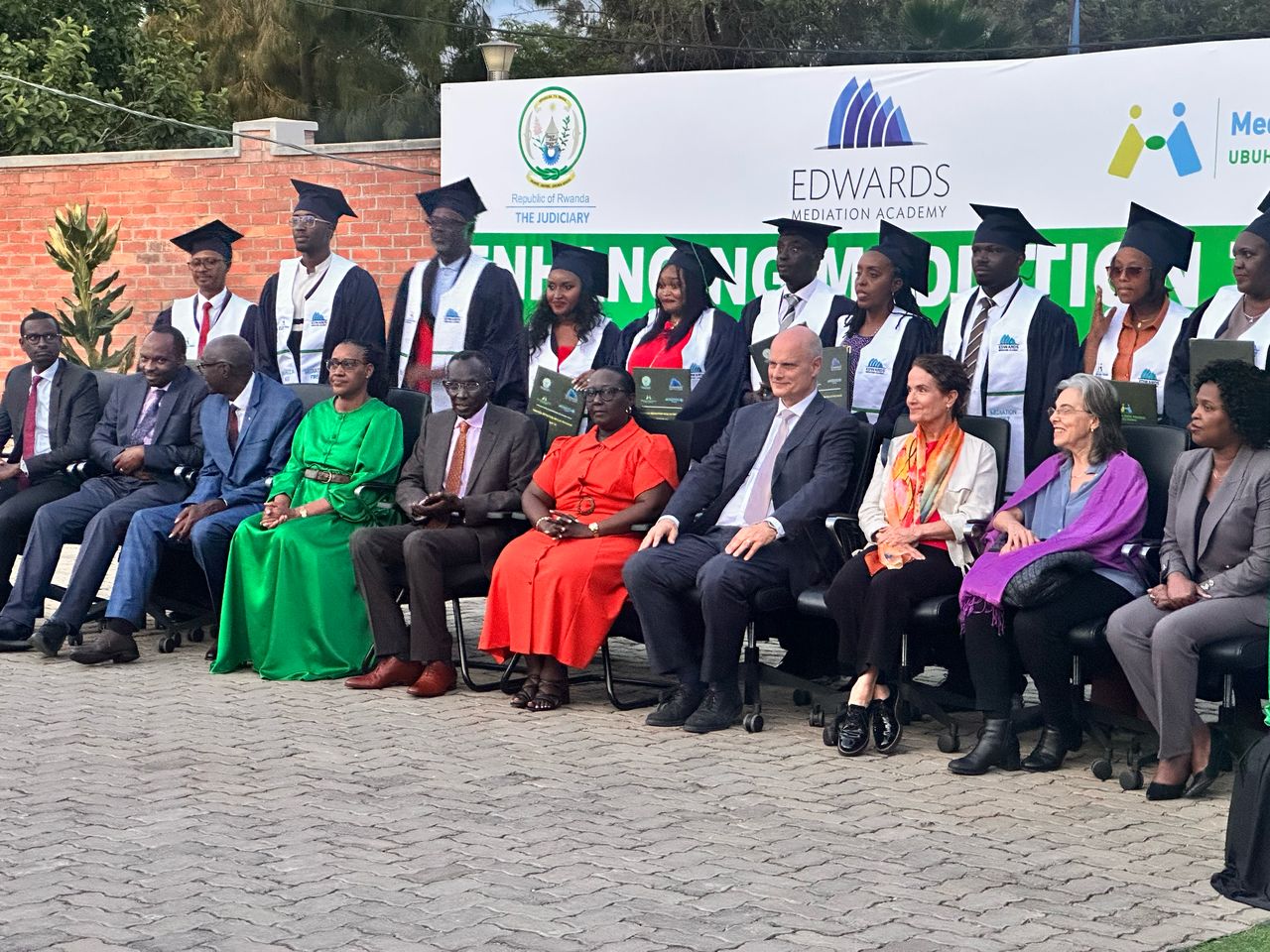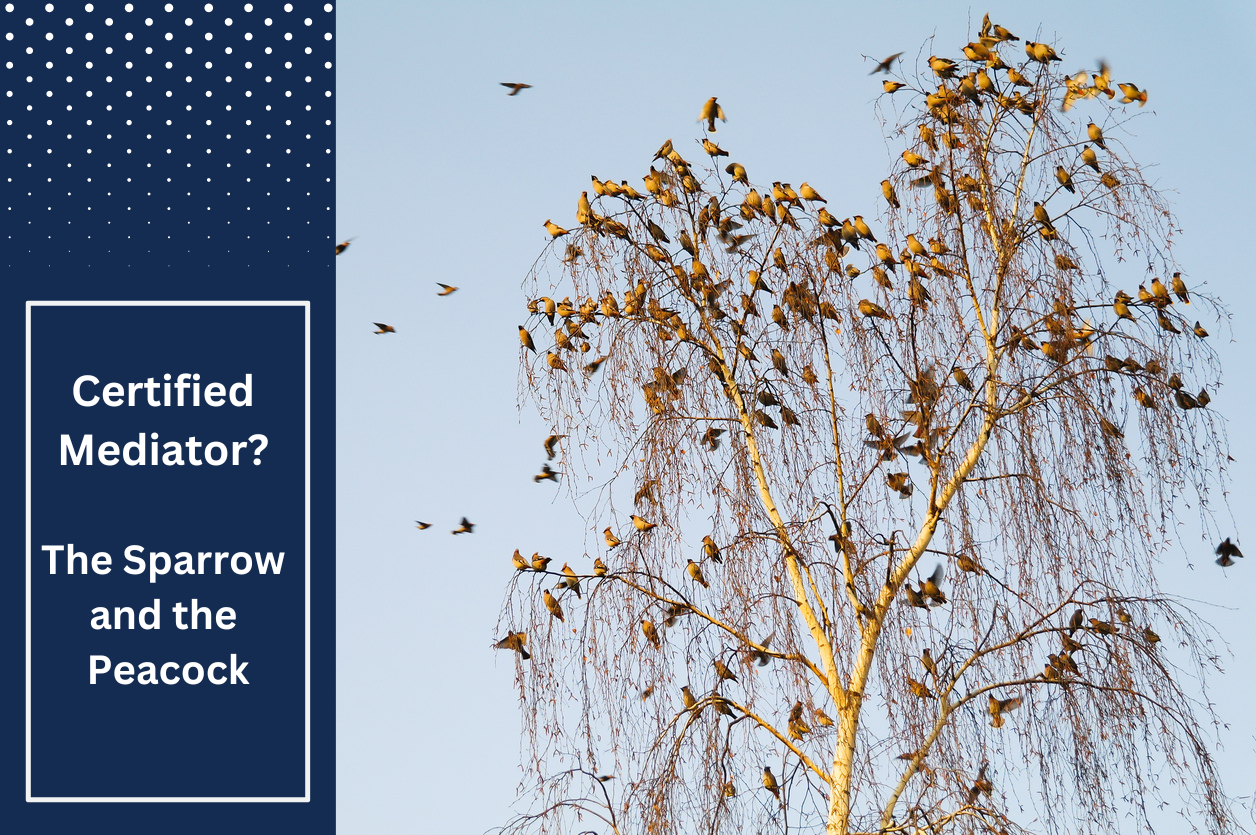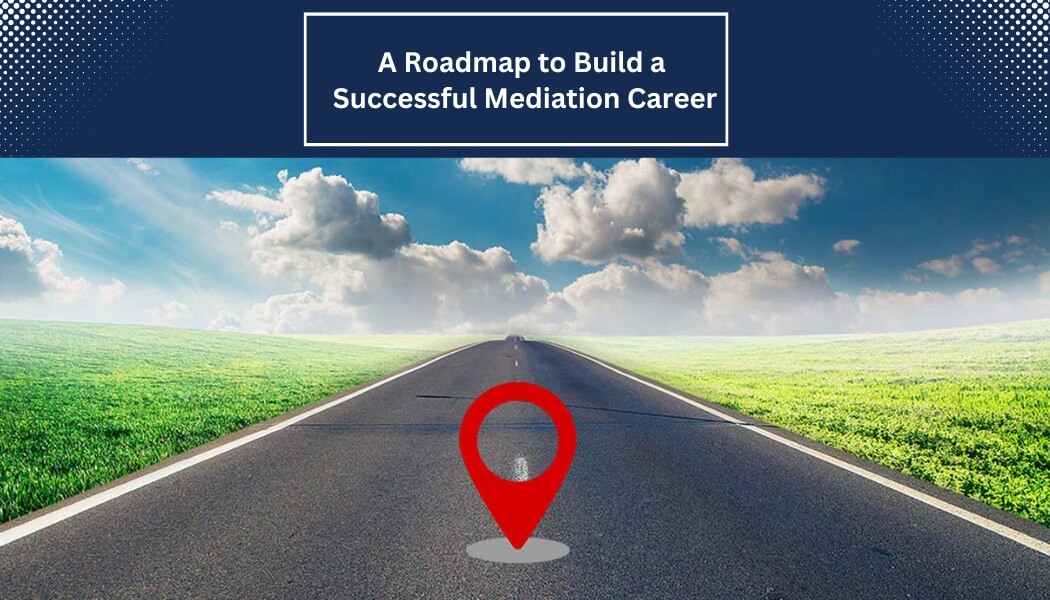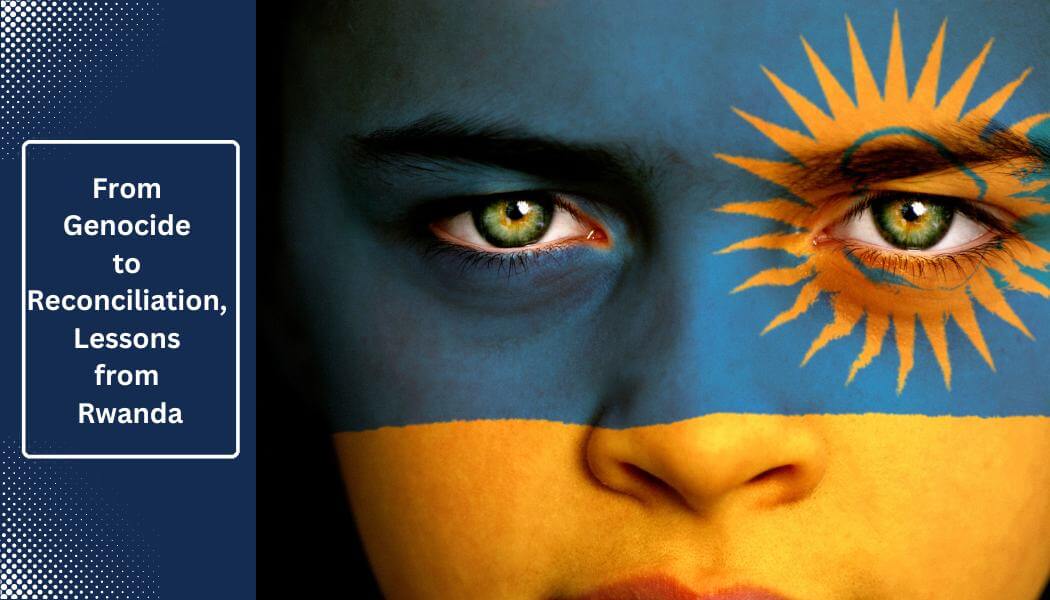No brand reflects higher quality education than Stanford University. No region connotes innovation more than Silicon Valley. Perhaps it was fitting that when Dr. Mark Welton, Chief of Staff, Stanford Health Care, was in search of conflict resolution training, he chose to introduce a pilot project to teach mediation and leadership competency to the heads of physicians and nurses at Stanford University Hospital and the affiliated Lucile Packard Children’s Hospital in Palo Alto, California.
Mediation competency training is the brainchild of Dr. Mario Patera, a licensed psychotherapist, and his wife and co-trainer, Ms. Ulrike Gamm, an expert in organizational development from Vienna, Austria. Although Dr. Patera and Ms. Gamm have been teaching mediation competency throughout Europe to midsize and large business organizations, the Stanford project represented their first attempt to introduce this unique program to the United States. To help bridge the cultural divide and draw on my skills in mediation training, I was invited to assist in their efforts to introduce this new paradigm at Stanford.
What the Mediation Competency program has taught us
Mediation and Leadership Competency is a series of three-day workshops, beginning with a course on self-reflection and improved self-awareness, emphasising understanding the role of emotions, needs and interests. Subsequent courses focus on interpersonal communication, questioning techniques and understanding the sources of conflict. Ultimately, course participants are introduced to organizational conflict and methods for addressing potential conflict in the workplace.
We introduced this training to Stanford in October, 2014 with a pilot group of twenty physicians and nurses selected by Dr. Welton. We held our breath as we waited to see what reaction would evolve from a group of highly trained professionals in the medical field. The results were nothing short of amazing. After moments of deep emotional reflection and insight, many participants suggested it was the best training they had ever attended. Still others asked how these important lessons could be scaled for staff in the two hospitals. We were off and running.
Since 2014, we have conducted courses in both the fall and spring. Participants have included the CEO, CFO and other senior executives, and numerous physicians and nurses. With the recent completion of three courses earlier this month, we have introduced close to 100 professionals to self-awareness techniques and dispute resolution skills that will assist them in both their personal and professional lives.
What if everyone possessed the skill set to address conflict?
Over the past twenty-five years, mediation training in the United States has focused largely on the facilitated negotiation of matters involved in, or soon to be involved in litigation. Mediation courses have almost exclusively trained better mediators or, in some instances, trained attorneys to be better advocates in the mediation process. Yet, this focus only scratches the surface of what is needed if we are to make an impact within our lifetime to instill dispute resolution skills in the next generation.
What if, to continue the medical theme, we could focus our training and teaching efforts on giving vitamins instead of aspirin? Stated differently, what if we could attempt to cure conflict by addressing it where and when it begins? What if we could help teach a generation of students, parents, professionals and ultimately, everyone in a workplace environment to recognize conflict as it develops? What if everyone possessed the skillset to address conflict before it escalates to a traumatic stage? By reducing dramatically the need for professional mediators, how much richer would our personal lives be and how productive our workplace be?
This is the motivation behind the Stanford mediation and leadership competency experiment and, hopefully, the platform for introducing similar lessons to other forward thinking institutions. Stand by for periodic updates as we continue our teaching this coming fall and attempt to broaden the influence of dispute resolution training.
Edwards Mediation Academy is an online education platform dedicated to improving the skills of mediators around the world. It was co-founded by Bruce A. Edwards and Susan Franson Edwards. All of our courses are engaging—shadow (virtually) as though sitting at the table; interactive—developed by learning professionals with no boring lectures and taught by the leading commercial mediators in the US. At Edwards Mediation Academy, our students learn mediation theory and, more importantly, learn to mediate.





